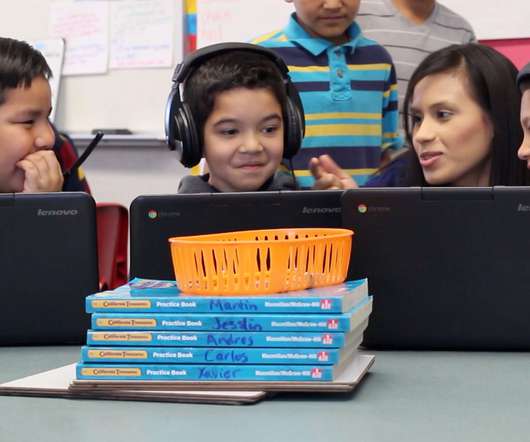New to Competency-Based Learning? Here're Five Ways to Assess It
Edsurge
MAY 22, 2017
When a competency-based approach to assessment is in place, students must show what they know as well as what they can do. No more just showing up for class and meeting the seat time requirements. And as interest in this approach to teaching and learning increases, so does the need for assessments to support it.





















Let's personalize your content